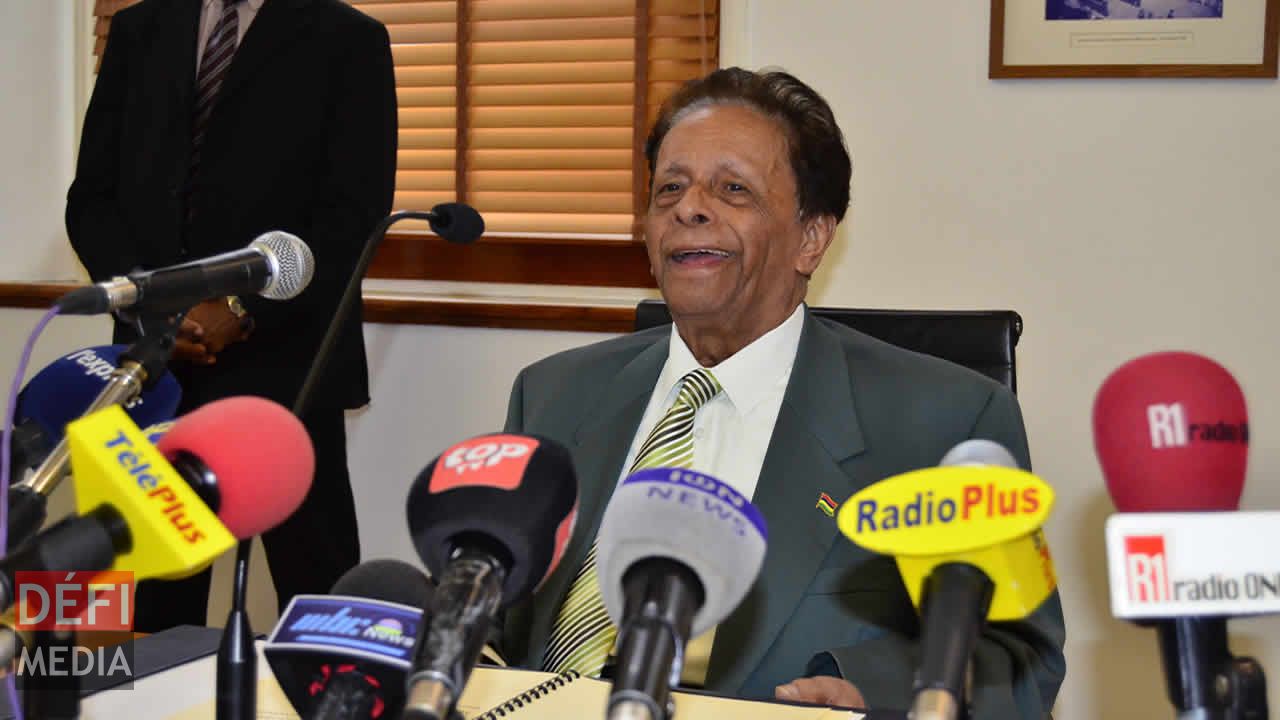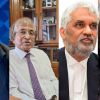
Même si la polémique sur le paiement des frais d’examens du SC et du HSC ne faiblit pas, même si l’épizootie de la fièvre aphteuse continue à occuper la une de l’actualité, il y a un sujet qui, depuis lundi soir 12 septembre, est commenté à table comme dans la rue : l’accession prochaine de Pravind Jugnauth au poste de Premier ministre, annoncée par sir Anerood Jugnauth en conférence de presse.
Publicité
Que dit la Constitution quand un Premier ministre se retire pour passer le flambeau à un autre ? Voici ce que dit l’article 59(3) de la Constitution :
« The president, acting in his own deliberate judgement, shall appoint as Prime minister the member of the Assembly who appears to him best able to command the support of the majority of the members of the Assembly, and shall, acting in accordance with the advice of the Prime Minister, appoint the Deputy Prime Minister, the Attorney-General and the other Ministers from among the members of the Assembly:
« Provided that- (a) where occasion arises for making an appointment while Parliament is dissolved, a person who was a member of the Assembly immediately before the dissolution may be appointed ; and (b) a person may be appointed Attorney-General, not with-standing that he is not (or, as the case may be, was not) a member of the Assembly. »
Pravind Jugnauth devra-t-il être automatiquement propulsé à ce poste en tant que leader du MSM en cas de départ du Premier ministre ? Constitutionnellement non, il y a des procédures, affirme l’avocat Me Milan Meetarban sur Radio Plus mardi 13 septembre. Réécoutez ses explications sur notre « player » plus haut.
Jean-Luc Émile

Notre service WhatsApp. Vous êtes témoins d`un événement d`actualité ou d`une scène insolite? Envoyez-nous vos photos ou vidéos sur le 5 259 82 00 !






















